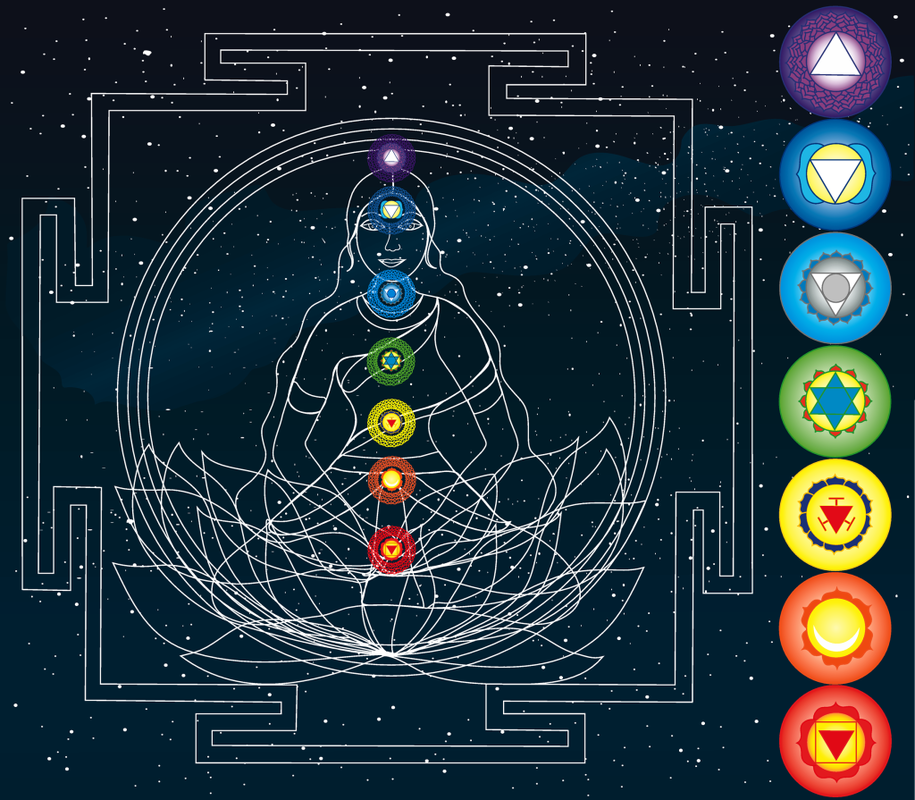The set of symptoms I've been seeing is:
- aching joints
- sore muscles (especially in the feet and legs)
- immune system dysfunction - colds, flus and allergies
- skin conditions such as rashes and dry, flaky, itchy skin
- constipation and/or diarrhoea
Physical
If you aren't eliminating the toxins that your liver has dealt with fast enough then there are only a few other places they can come out and a big one is the skin! Even if liver function tests come back as normal, the liver may still not be working optimally - liver function tests may only appear abnormal once liver function is very impaired.
This is where I'd recommend seeing a good naturopath who can provide herbs that will support your liver such as St Mary's Thistle, Globe Artichoke, Dandelion root, Schizandra, and Turmeric. These herbs all work in slightly different ways so leave it to your Naturopath to decide which ones are best for you.
Certain amino acids such as Methionine, in combination with B Vitamins, Inositol, and Choline are particularly good for supporting the function of the Cytochrome P450 or detoxification pathway of the liver. They are also particularly effective for getting fat out of storage and putting it back into circulation as an energy source, something that many of us could do with during the "Winter storage" period!
Similarly, if your bowels aren't eliminating fully, skin conditions may be exacerbated as the body tries to get rid of excess toxins through the skin. Constipation and/or diarrhoea that persist for weeks are one sign that your bowels are not working the way they really ought to, and are often accompanied by pain, cramping, gas, and bloating. There are a number of reasons the bowels may not be working optimally, ranging from relatively simple and benign to more serious, including:
- Not enough water or very poor diet
- Emotional or physical stress
- SIBO (Small Intestine Bacterial Overgrowth) or Dysbiosis
- IBS (Inflammatory Bowel Syndrome)
- IBD, Diverticulitis, Crohn's or Coeliac disease
- Bowel or Ovarian Cancer
Energetic
If you practice yoga, you have probably heard about the chakras or energy centres of our bodies. According to yogic science, there are seven chakras located along the length of the spinal column. Through these energy centres travel energy channels, known as nadis in yogic science. In Traditional chinese medicine, energy points are called meridians, and they correspond with the main nadis outlined by the ancient Indians.
This of course all points to the idea that we aren't just physical bodies; that we are energetic beings also. This is where my dietetic training comes to a cliff's edge, and my yogic training and understanding of more traditional healing wisdom steps in.
Anything we do, eat, say, feel or think purportedly has the ability to shift our collective energy field. This energy field has been recognised for thousands of years by numerous traditional wisdoms, such as Ayurveda, yogic science and Traditional Chinese Medicine.
Spiritual practices, such as Qi gong and yoga open or increase this innate energy, and the philosophy behind certain martial arts implies that these energies can be developed and focused.
"If you want to find the secrets of the universe, think in terms of energy, frequency and vibration" - Nikola Tesla
The training in energetic-based nutritional medicine I undertook, called Food & Spirit by developer Dr. Deanna Minich, helped me see a whole new side to the root cause of this particular set of symptoms which I see time and time again during the Winter months. It gave me a wider lens and a personalised toolkit that has already helped me better understand my clients' journeys to wellness, and allowed to me to help them on a much deeper level.
The Root Chakra
Anatomy associated with the root chakra:
- joints
- bones & muscles
- large bowel and rectum
- legs & feet
- immune system
- skin
Revising this, I started to see a stronger connection between the usual Winter symptom set I described at the start, and our energetic body - not just the physical body!
At a basic level, the physical body is also connected to key elements that are formed from a very young age by our family patterns - aspects like safety, trust, and boundaries. When we are grounded in these fundamentals of everyday living, we feel secure and at ease in our physical bodies, ultimately translating into our relationship with foods and our eating practices and patterns.
Emotional
Core issues associated with the root chakra
- Ability to defend oneself
- Security (financial and physical)
- Safety
- Familial and social law and order
- Physical family
- Feeling "at home" and "grounded" with self, family, and community
When I looked closely, the clients I'd seen with skin issues, constipation, haemarrhoids, poor immune function, achey joints and muscle soreness often shared an interesting life situation - they were in between or highly dissatisfied with their jobs. Facing financial challenges. Feuding with family, or having to face big family issues. Often, they would mention that they felt "ungrounded" or "lost". The correlations were truly amazing, and have expanded my viewpoint of holistic health care to include the energetic system I know so well from my yoga practice.
Treating root chakra imbalance
- Protein - getting an adequate and a healthy range of plant and/or animal-based protein, not too little or too much protein
- Including root vegetables for grounding
- Edible and medicinal mushrooms to boost the immune system
- Addressing bowel issues that may have been ignored
- Assessing for mineral deficiencies
- Investigating suspected food allergies
- Feeling secure about accessing food
- Eating when hungry
- Letting go of protecting oneself with food
- Engaging in healthy social eating
But as a yoga teacher and firm advocate for integrative and energetic medicine I will always take into consideration non-physical factors when helping my clients, especially when there is so much overlap between physical, emotional and energetic symptoms. And especially when I see the great results I have witnessed by using a more integrative, holistic approach to health care.





































 RSS Feed
RSS Feed



